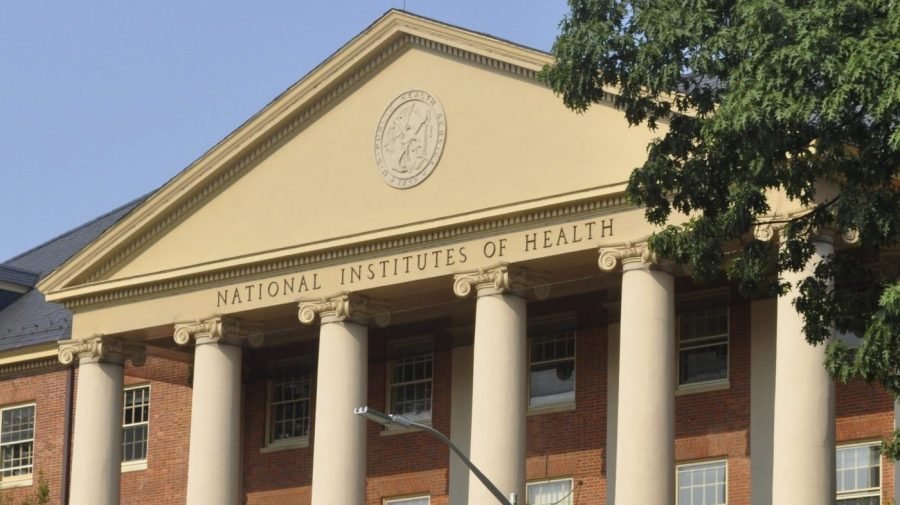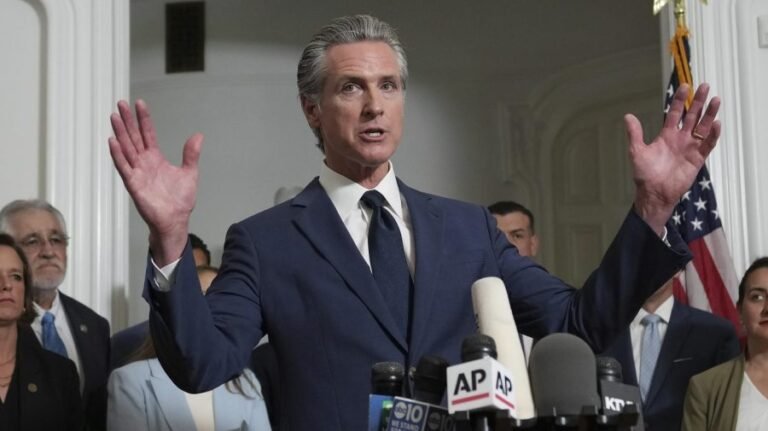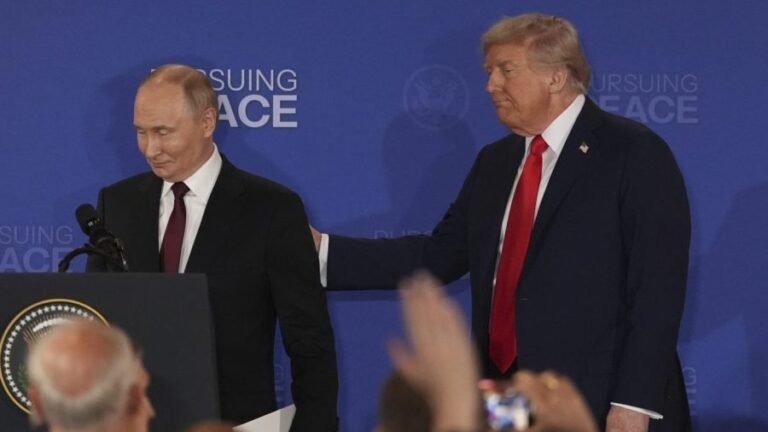
The Supreme Court, in a 5-4 ruling Thursday, enabled the Trump administration to cancel hundreds of millions of dollars in National Institutes of Health (NIH) grants linked to diversity initiatives.
The decision partially lifts a Boston-based judge’s ruling that declared the cancellations illegal and blocked the administration from moving forward.
Five of the court’s six Republican-appointed justices sided with the administration: Justices Clarence Thomas, Samuel Alito, Neil Gorsuch, Brett Kavanaugh and Amy Coney Barrett.
Chief Justice John Roberts voted with the court’s three Democratic-appointed justices in dissent.
It marks the 18th time the Supreme Court has at least partially granted an emergency bid during Trump’s second term.
NIH moved in February to terminate grants that do not align with President Trump’s priorities, including those related to diversity, equity and inclusion (DEI) programs.
U.S. District Judge William Young, an appointee of former President Reagan, blocked the cuts in June in response to lawsuits filed by health groups and 16 Democratic state attorneys general.
Administration lawyers say that the block covered $783 million in cancelled grants, which is at odds with the president’s policies. In court papers, they singled out ones that fund “Buddhism and HIV stigma in Thailand” and “controlled puberty in transgender adolescents.”
The administration went to the Supreme Court after a 1st U.S. Circuit Court of Appeals panel declined to lift Young’s order.
It is not a final ruling, and the case could ultimately return to the high court.
The Trump administration argued Young had no authority to intervene because it is a contract dispute that federal law requires to be brought in the U.S. Court of Federal Claims.
The Justice Department accused the judge of defying the Supreme Court’s ruling in April that rejected a challenge to education grant cuts on those grounds.
“This case is not closed. The district court flouted vertical stare decisis by following this Court’s dissenters over the majority,” the Justice Department wrote, using the Latin term for the legal principle that lower courts follow a higher court’s precedent.
“That alone should warrant a swift rebuke.”
The Democratic states and health groups sought to distinguish the case, insisting the lower judge had authority to block the NIH grant cuts.
“The federal government’s application spins a tale of lower courts disregarding established legal guardrails to block routine agency decisions. That narrative bears little resemblance to reality; indeed, it gets things exactly backward,” the states wrote in their Supreme Court papers.





